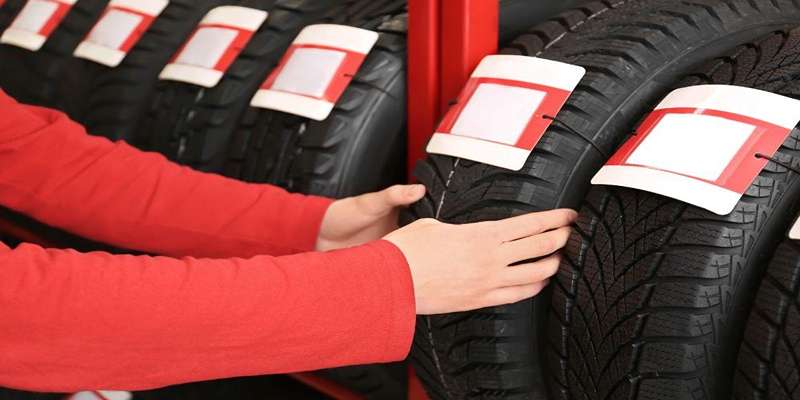Deciding Between Wire Transfer and Cashier's Check: A Simplified Guide
When it comes to transferring funds, two common options often come into play: wire transfers and cashiers checks. Both serve as secure methods for moving money from one party to another, but they operate differently and come with their own set of pros and cons. In this article, we'll break down the differences between wire transfers and cashiers checks to help you determine which one is the right choice for your specific situation.
Both cashiers checks and wire transfers have unique benefits and drawbacks that make them appropriate in certain situations. Let's examine the important variables you should take into account while choosing between these two money transfer options.
What Is a Wire Transfer?
An electronic fund transfer from one person or entity to another is called a wire transfer. It entails the direct transfer of funds, either domestically or abroad, between bank accounts. Larger payments, such as those for a home purchase or company, are frequently made using wire transfers.
One of the primary advantages of wire transfers is their speed. In most cases, funds transferred via wire transfer are available to the recipient within the same business day, making it an ideal option for time-sensitive transactions. Additionally, wire transfers are often more secure than other forms of payment, as the funds move directly from one bank to another without the need for physical checks or cash.
However, wire transfers also come with certain drawbacks. One significant downside is the cost associated with this method of transfer. Banks typically charge fees for both outgoing and incoming wire transfers, which can vary depending on the amount being transferred and whether it's a domestic or international transaction. For some people, wire transfers are an expensive alternative because of these costs, which can mount up, particularly for large transfers.
What to Know About a Cashier's Check?
A check that is guaranteed by a bank is referred to as a cashier's check, bank draft, or official check. In contrast to personal checks that are directly deducted from the payer's account, a cashier's check is signed by a bank official and is drawn from the bank's money. For significant purchases, such as cars or real estate, when a seller might need guaranteed funds, cashiers checks are frequently employed.
The security of cashiers checks is one of their main benefits. Cashiers checks are accepted as tender because the issuing bank guarantees the money. Because of this, they are the go-to payment option for sellers who want proof that the money is real.

Convenience is further provided by cashiers checks, which are easily obtained from banks or credit unions. In contrast to wire transfers, which could need particular account details and time to execute, cashiers checks can be issued immediately, which makes them appropriate for in-person transactions requiring instant payment.
However, cashiers checks are not without their drawbacks. One significant downside is the risk of fraud. While cashiers checks are generally considered secure, they can still be counterfeited or stolen. It's essential to verify the authenticity of a cashier's check before accepting it as payment to avoid financial loss.
Choosing Between a Wire Transfer and a Cashier's Check
When it comes to deciding between wire transfers and cashiers checks, it's essential to delve deeper into these four factors to make the most informed decision:

Speed
Wire transfers are renowned for their speed, often providing same-day availability of funds to the recipient. This makes them ideal for urgent transactions where time is of the essence, such as paying a bill or completing a time-sensitive purchase.
On the other hand, cashiers checks may take longer to process, especially if they need to be mailed to the recipient or if additional verification steps are involved. While they are generally quicker than personal checks, they may not be as instantaneous as wire transfers.
Security
Both wire transfers and cashiers checks offer a level of security, but they come with their own set of risks. Wire transfers, once executed, are irreversible, which can be both a pro and a con. While this ensures that the funds reach the intended recipient, it also means that mistakes or fraudulent transactions cannot be easily rectified.
Cashiers checks are considered secure because they are backed by the issuing bank's funds. However, they can still be counterfeited or stolen, so it's crucial to verify the authenticity of a cashier's check before accepting it as payment.
Cost
The fees associated with wire transfers and cashiers checks can vary significantly depending on factors such as the amount being transferred, the destination, and the financial institutions involved. Wire transfers typically incur higher fees compared to cashiers checks, especially for international transfers. Banks may charge both outgoing and incoming wire transfer fees, which can add up, particularly for larger transactions.
Cashiers checks may also come with fees, but they are generally lower than wire transfer fees. However, it's essential to check with your bank or credit union to understand the exact costs involved.
Convenience
Consider how easy it is to obtain and deliver the funds using each method. Wire transfers often require specific account information for both the sender and recipient, as well as access to online banking or a branch location.
Cashiers checks, on the other hand, can be obtained quickly from a bank or credit union with proper identification. They are particularly convenient for in-person transactions where immediate payment is required, such as purchasing a vehicle or securing a rental property.
Conclusion
Wire transfers and cashiers checks are both secure methods of transferring funds, each with its own advantages and disadvantages. You can decide which of these two approaches is best for you by knowing how they differ from one another and taking into account your unique demands and situation.
Whether you opt for the speed and convenience of a wire transfer or the security and assurance of a cashier's check, rest assured that both methods provide reliable ways to move money and complete transactions with confidence.












